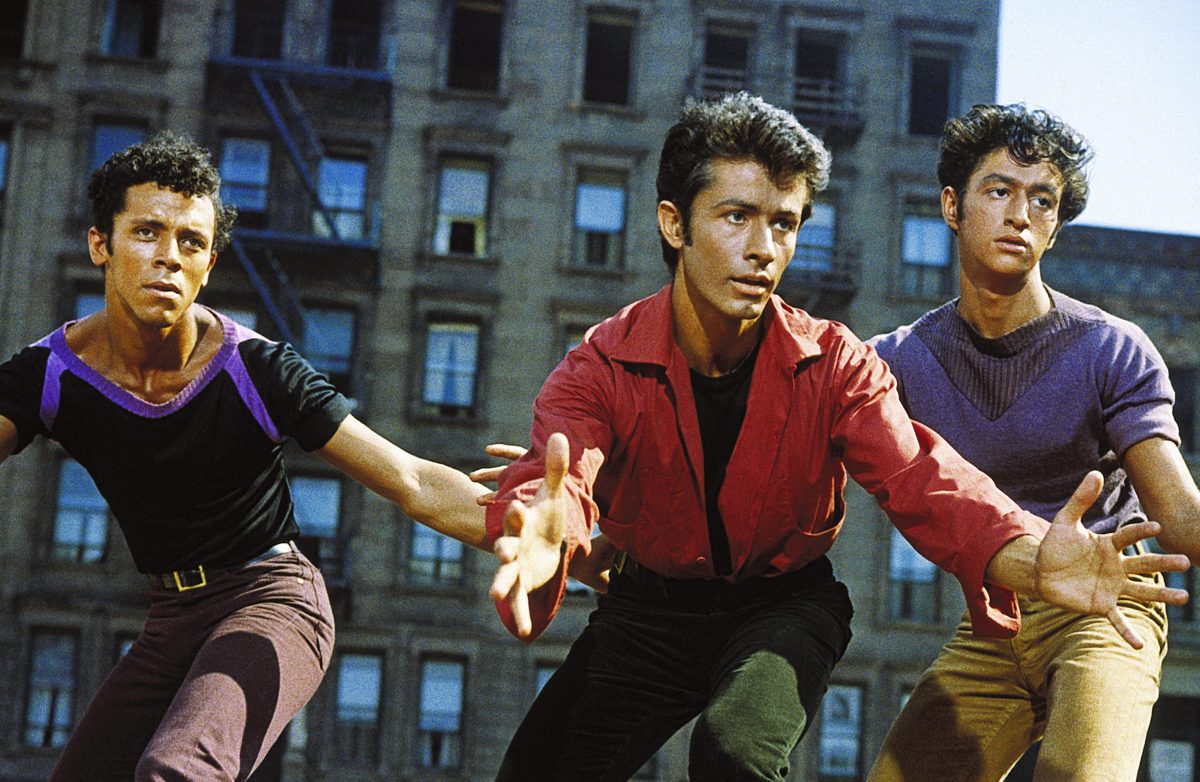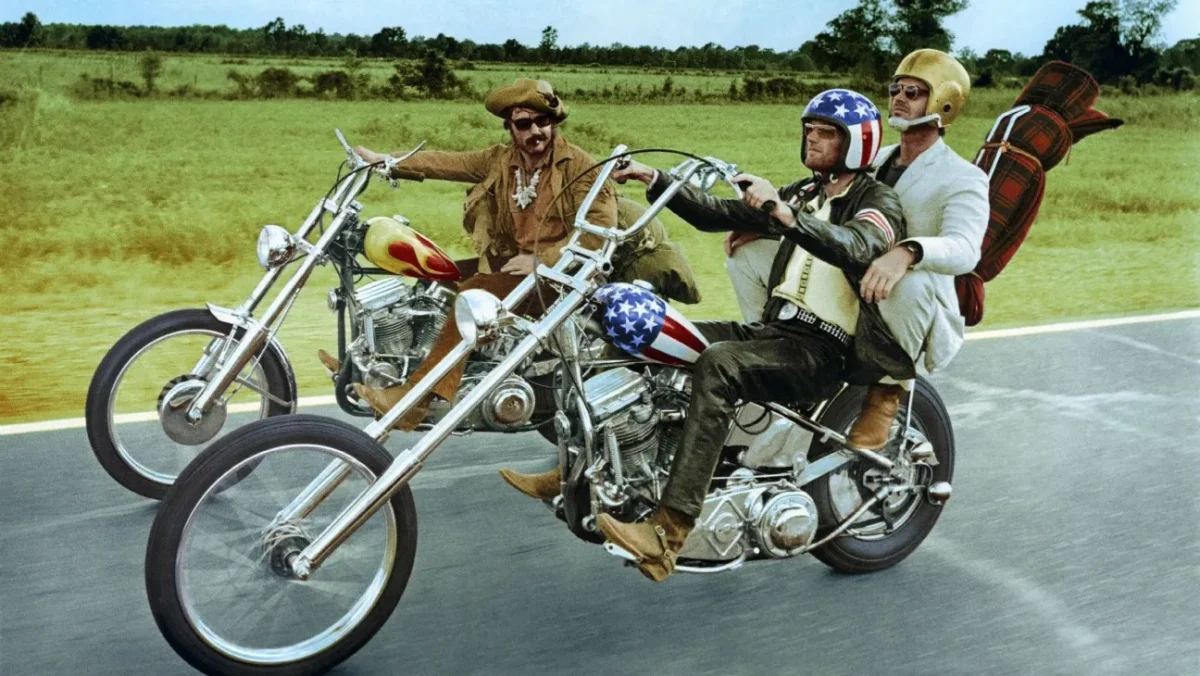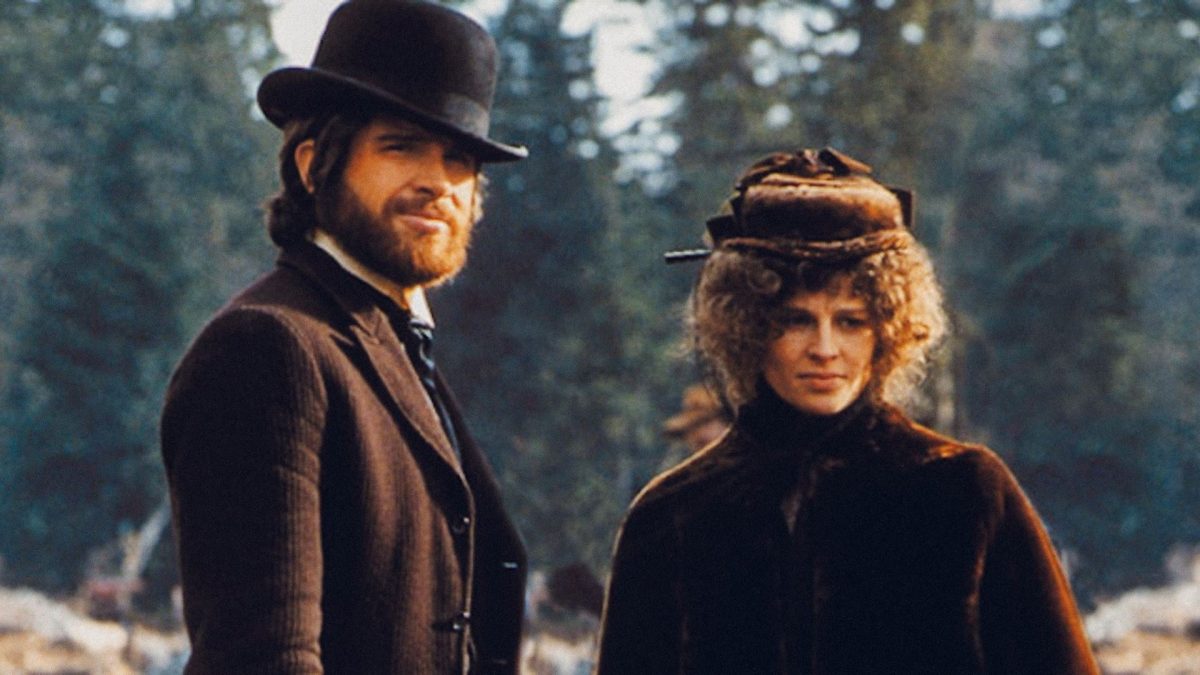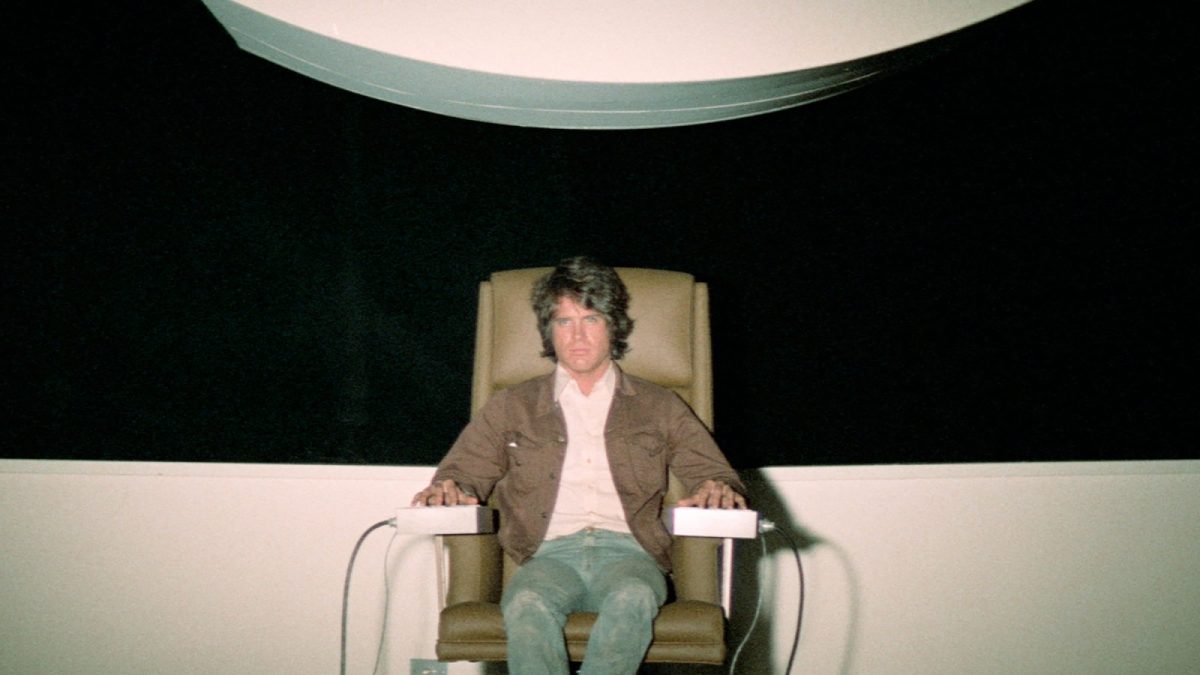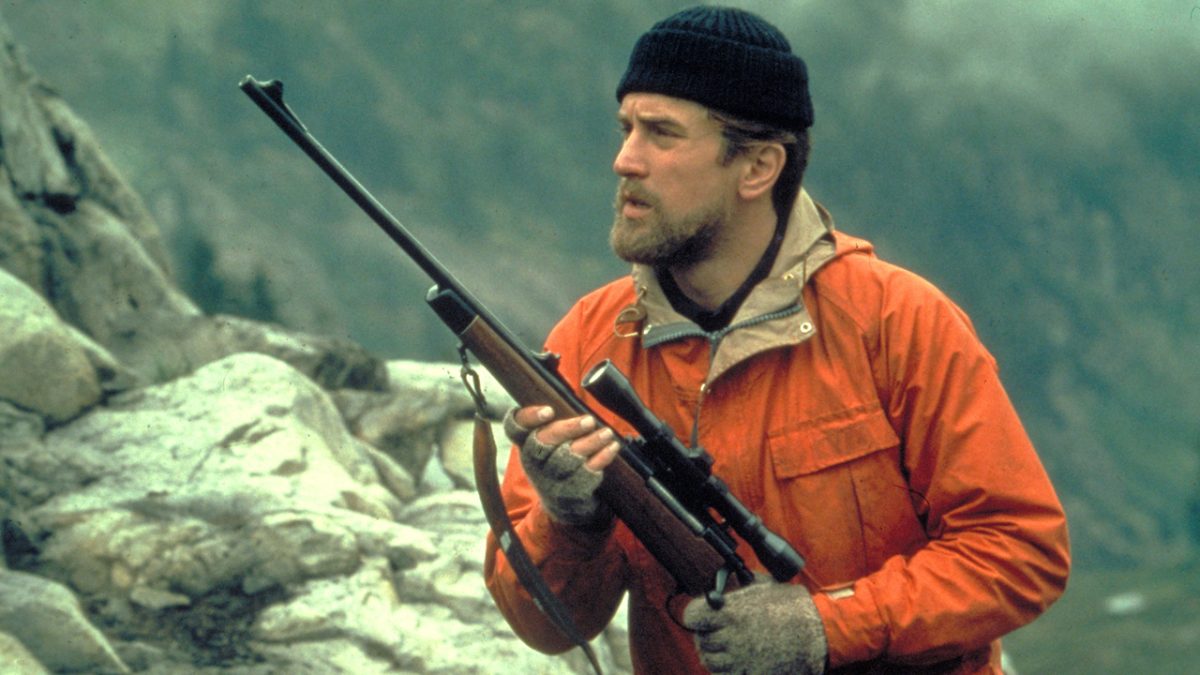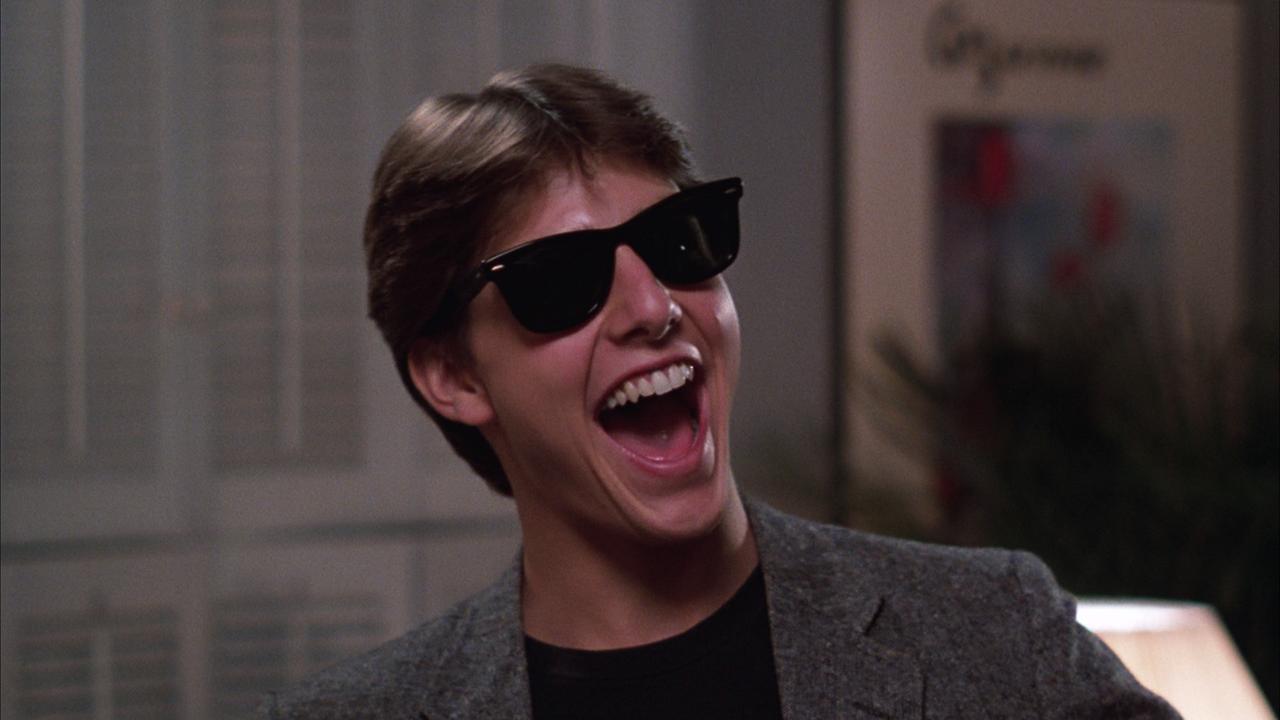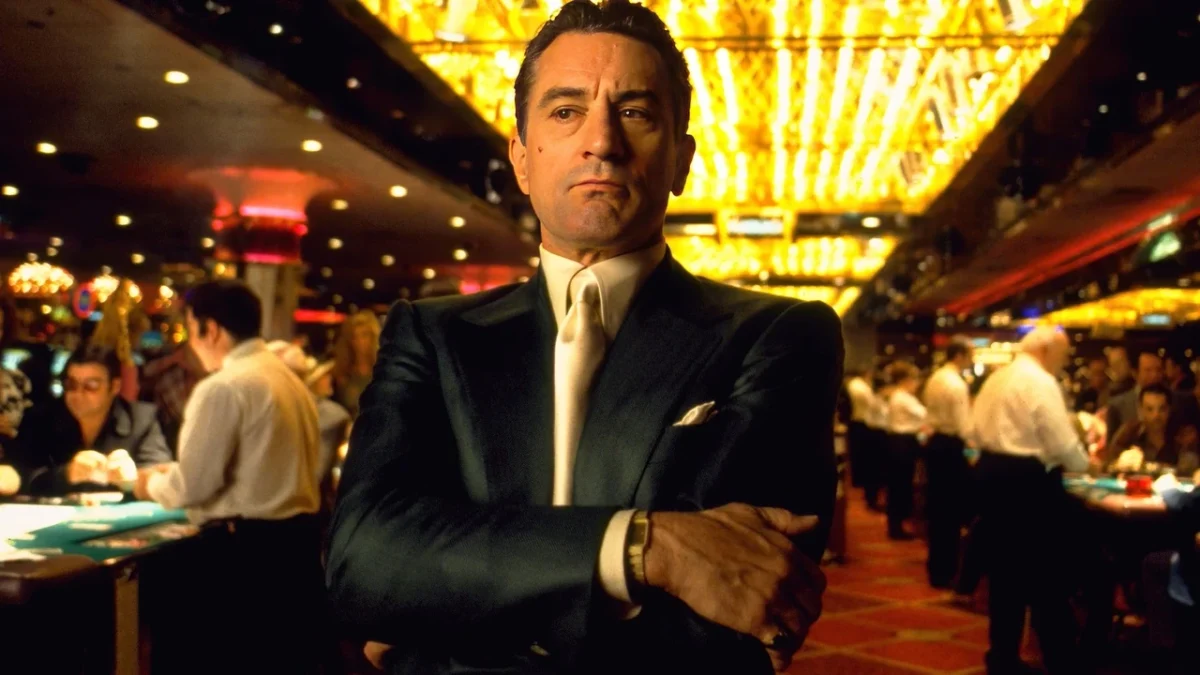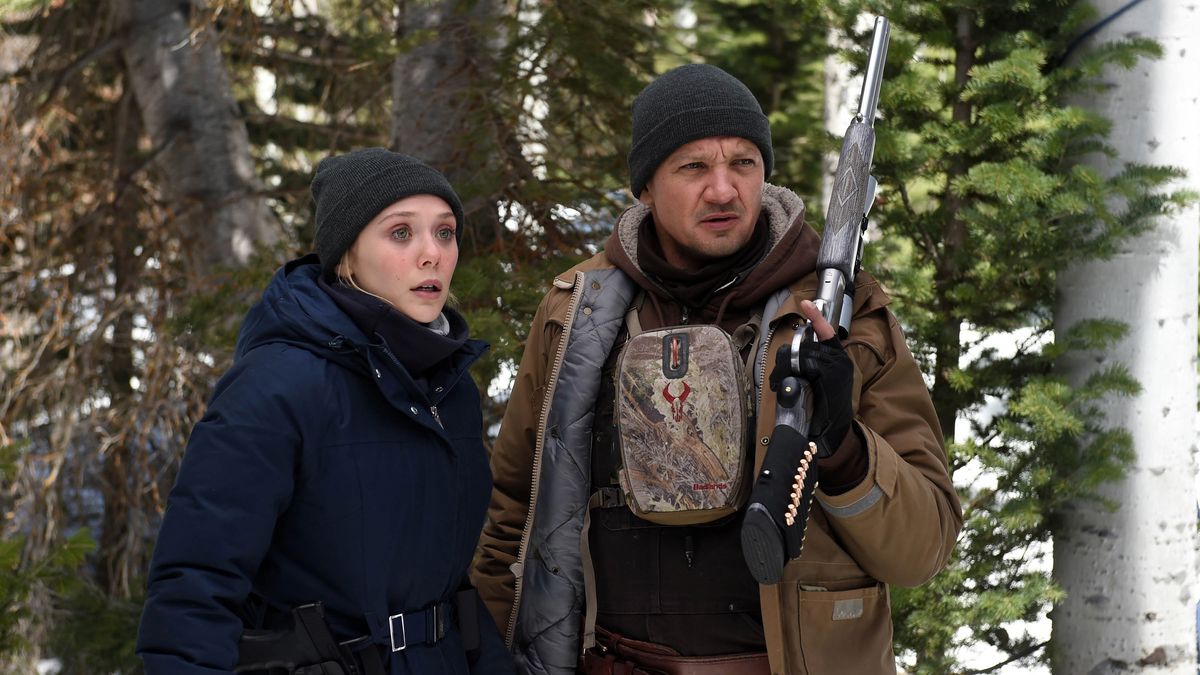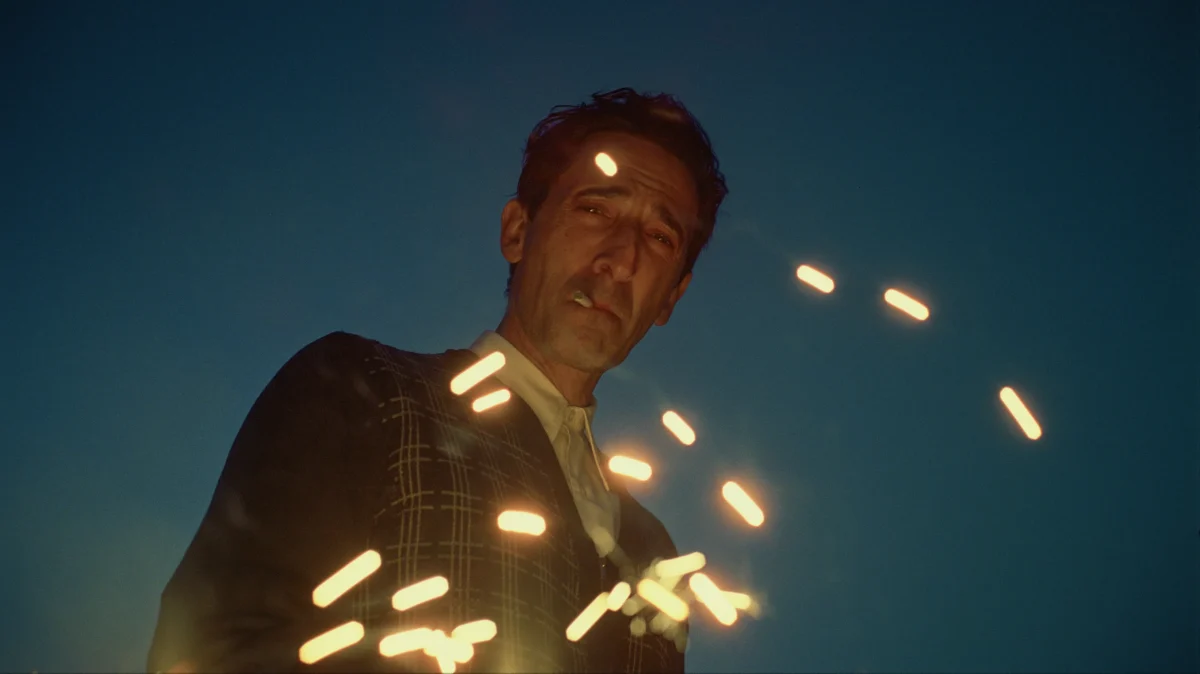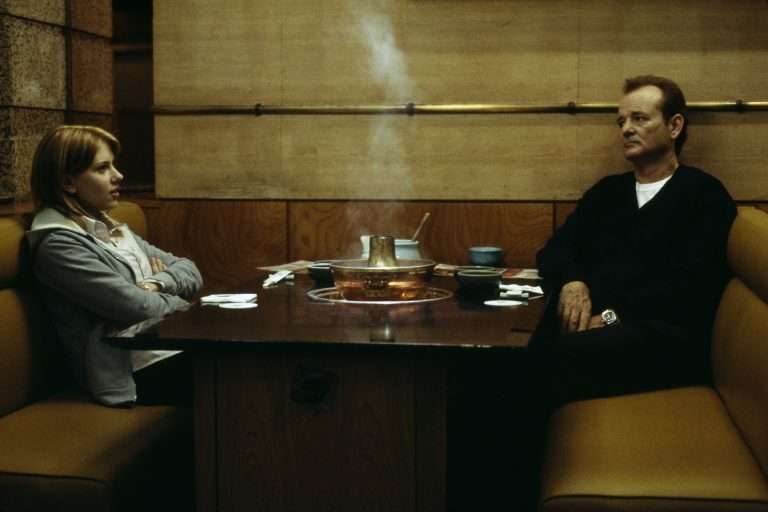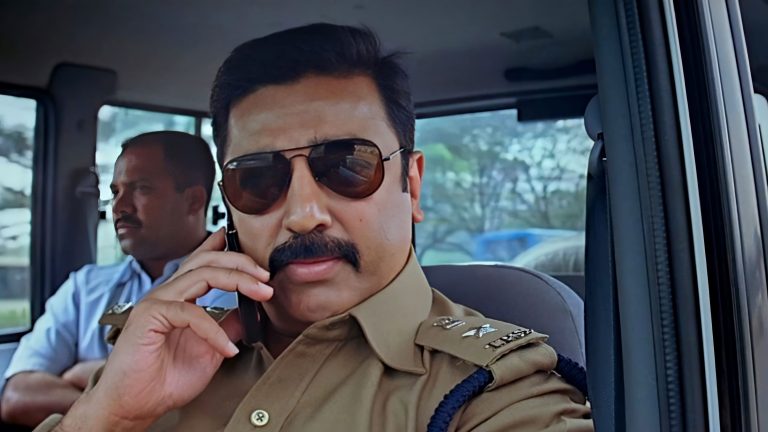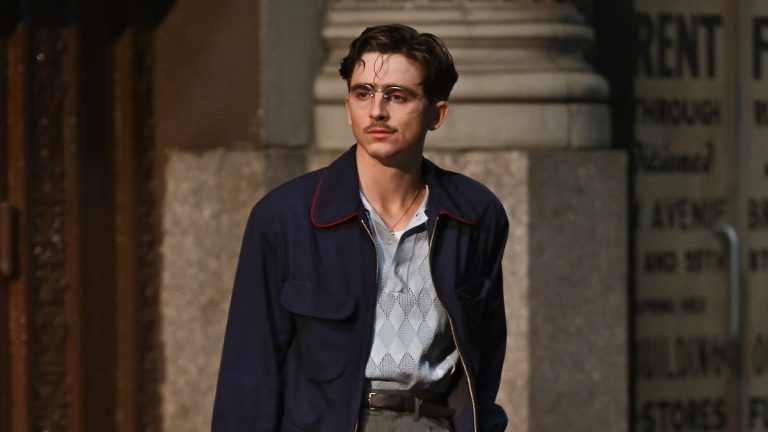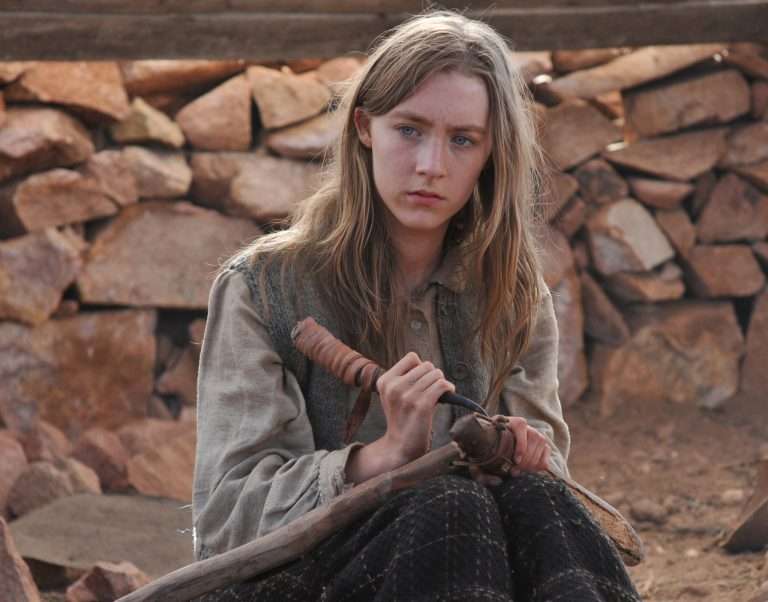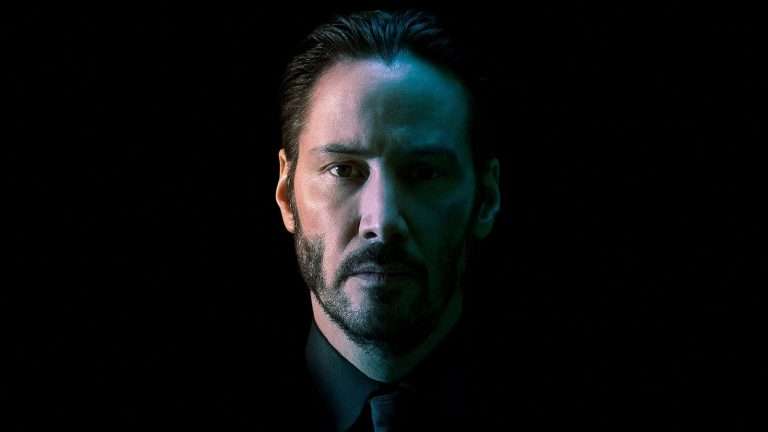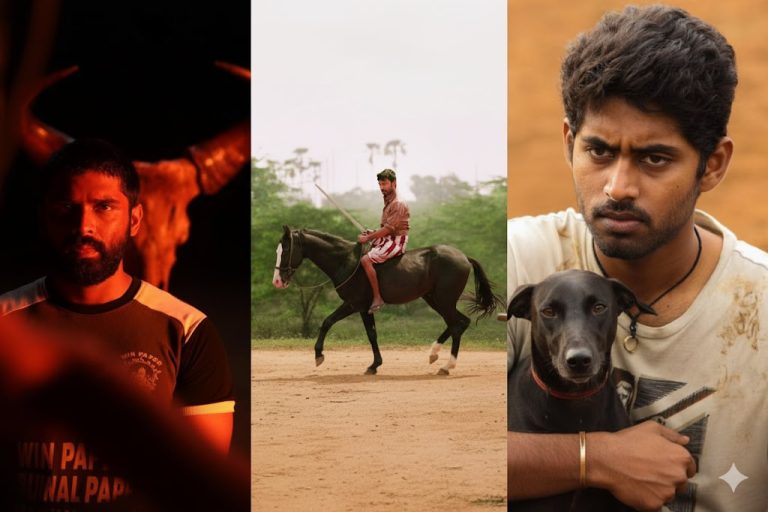This is a list of films about America. I got the idea for the list after watching “The Brutalist” and then hearing Ray Charles’s America the Beautiful playing somewhere. These ten films were chosen from a bigger list of 25 films, and each film presents a distinct critical viewpoint on an aspect, or aspects, of the American experiment. Six of the films are set in their respective presents, whereas the other 4 depict a recent past. Both forms of social commentary are worthwhile and thought-provoking. No matter the time period they explore, every film is a product of the moment in which it was created, meaning that a movie released in 2002 and set in 1955 is just as much about 2002 as it is about 1955.
The films have been placed in chronological order of release, but their subject matter spans the America of 1898 to the America of the 2010s. These are not the ten best films about America; in fact, some of these films are somewhat flawed. Rather, these are ten films worthy of inclusion on this list because of the singular stories they tell, and also because of the theoretical mosaic they create when presented, analyzed, and appreciated together. There are light spoilers, so tread carefully.
1. West Side Story (1961)
I mean, one of its most famous songs is literally called “America”. This is a story about America as a place of immigrants. Both recent immigrants (the Sharks) and longer ago immigrants (the Jets). It’s a story about how these two groups ultimately learn to live together in this modernizing New York City. Steven Spielberg’s 2022 update does a better job of directly addressing this question of modernization on the west side of Manhattan, but it’s still Jerome Robbins and Robert Wise’s original that best captures this transitional moment in American history. Romeo and Juliet are mapped onto a history of urban development across American cities.
The real neighborhood where the story takes place was destroyed in the late 50s to make space for Lincoln Center for the Performing Arts. Ironic, but also deeply indicative of how “progress” worked in America at that time. Lastly, it’s worth noting that Spielberg’s update corrected the fact that in the original, the majority of the Sharks were not played by Hispanic actors, namely Natalie Wood playing Maria. Once again, this is “America”.
2. Easy Rider (1969)
There’s a reason Peter Biskind’s 1998 book about how the counterculture of the 1960s birthed the New Hollywood of the 1970s is called “Easy Riders, Raging Bulls.” It’s because this film, more so than any other of its era (Midnight Cowboy, The Graduate, Bonnie and Clyde, etc), signaled the political and artistic direction that Hollywood would take in the next decade. And what better way to talk about the changes in America than to show a whole lot of America on a motorcycle trip from Los Angeles to New Orleans.
“Easy Rider” is light on plot, but then again, that’s not really the point of the film. It was an unapologetic proclamation that the counterculture, and everything it represented, was not only going to be part of the American film canon but that ultimately it would dictate the canon in the decade to come.
3. McCabe and Mrs. Miller (1971)
It’s the American dream: build a town from nothing in the middle of the wilderness in the Pacific Northwest, start a brothel, fall in love with the most beautiful and mysterious sex worker, make a lot of money, refuse an offer from a big company that wants to buy you out, lose everything to that big company when they decide to kill you instead of negotiating. Warren Beatty’s John McCabe fancies himself a cowboy, but really, he is more of a jester. He’s enterprising, but not all that smart.
By the end, he has been swallowed up, almost literally, by the interests of big business. McCabe’s fate isn’t only inevitable, it’s also foretold. Thus, as we watch him make mistakes and dig his own grave, we can’t help but feel sad for him and for all the other idealists like him. Even though McCabe’s American dream is never fully realized, he makes a key contribution to the story of “progress” in the American West. Though not shown in the movie, it can be assumed that his boomtown of Presbyterian Church, now under the stewardship of Harrison Shaughnessy Mining Company, continued to grow into a modern American town.
4. The Parallax View (1974)
A movie about how little we really know and understand about how the world, and more specifically America, works, brilliantly of its time in its outlandish, but deeply resonant portrayal of political paranoia from the perspective of the Lee Harvey Oswald-patsy prototype. Once again, Warren Beatty masterfully plays a silly man who doesn’t realize that he’s so far in over his head until it’s too late.
From the political assassination atop the Space Needle in the first scene, to the horrifying and mesmerizing conditioning scene, to the inevitable conclusion at the convention center, director Alan J. Pakula and cinematographer Gordon Willis construct a recognizable, if not completely realistic, America. An America where not only do ordinary citizens not have any power to change things, but sometimes they unwittingly participate in the very events that make them feel powerless. Beatty’s character is reminiscent of Winston Smith from George Orwell’s 1984. In some ways, the Parallax Corporation is a modern version of the Party. Either way, “The Parallax View” shows us that we are a lot less aware of how big things happen in America than we think we are.
Also Read: How “There Will Be Blood” and “Requiem For A Dream” Explore The Rotten American Dream
5. The Deer Hunter (1978)
A film about the Vietnam War that only spends a third of its runtime in the country. The first act, centered around the wedding of one of the three best friends, is characterized by the youthful idealism of the trio of Mike, Steven, and Nick (Robert De Niro, John Savage, and Christopher Walken). The middle act, the one in Vietnam, includes some of the most horrifying imagery and anxiety-provoking filmmaking ever put on screen (the Russian Roulette scene). We are scarred, just like our protagonists, their idealism sobered and destroyed by the horrors of war, and the American failure, both human and political, in Vietnam.
The final act is depressing and upsetting, emblematic of the extent to which the U.S failed its veterans. Nick’s ending is one of, if not the most harrowing and horrific on-screen endings for any character ever. Though both Nick and Mike end up at home in Pittsburgh by film’s end, neither ever truly leaves Vietnam. In the film’s final scene Mike and his friends sing “God Bless America”, an ironically fitting, and powerful end to one of the finest American films ever made.
6. Risky Business (1983)
It’s fitting that Tom Cruise went on to be the most commercially successful actor of all-time after getting introduced to the world with this satire about Reagan-era capitalism. Writer-Director Paul Brickman adopts the familiar vehicle of sex work to make a social commentary about capitalism in suburban America.
This is a movie about a young man, Joel Goodson, (note the ironic last name) who finally gets the opportunity to make all of his fantasies and desires, both sexually and financially, come true when he has the house to himself for a weekend. When his wish-fulfillment gets out of control, a full-scale brothel in his suburban home, there’s very little he can do to reign it in.
Joel escapes this fever dream basically unscathed, save for a small crack in his mother’s jewel egg that rests on the mantelpiece. She’s very disappointed in him, but Joel actually comes out in the plus, as he both secures his admittance to Princeton due to his “enterprising” ways, and lands a “second” date with Lana (Rebecca De Mornay), the beautiful, but sad hooker, a smart and modern woman who is just as enterprising as Joel, if not more so.
7. Casino (1995)
Five years after releasing “Goodfellas,” the film many agree to be his magnum opus, Martin Scorsese returned to the gangster genre with “Casino,” a film that never quite reaches the energy of “Goodfellas,” but one that very well might have even more to say about America, given it’s wide-angle lens storytelling.
“Casino” follows a familiar Scorsese narrative: the rise and fall of a person, or in this case an institution, the “Old Guard” of Las Vegas. The 1970s were a time of prosperity for this “Old Guard” in Sin City. Installed as the manager of a prominent casino, The Tangiers, by the Chicago Outfit, master oddsmaker, Sam “Ace” Rothstein (Robert De Niro) is our window into this world of glitz, glamor, and most importantly profit, however you can come by it. Just like Ace, however, we’ve come in at the end of something, and as the movie tagline reads, “No one stays at the top forever.” Las Vegas goes corporate, and though Ace escapes (barely) with his life, it is certain that a new age has begun in America.
8. There Will Be Blood (2007)
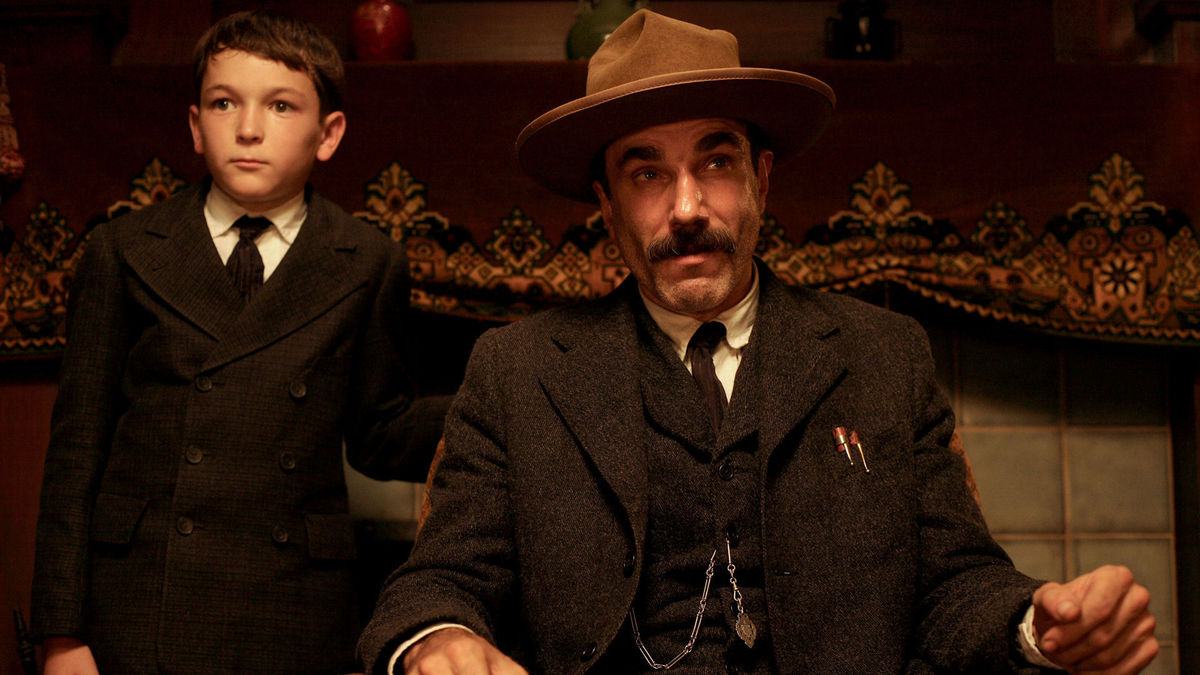
Hard to say anything about this one that hasn’t already been said, but I’ll try to do it justice without using too many (deserved) superlatives. This is a movie that radically and brilliantly explores the American themes of capitalism, greed, land, faith, and family. Daniel Plainview (Daniel Day-Lewis) is Paul Thomas Anderson’s finest creation (sorry, I had to), and his story is as crucial an American text that exists in popular culture today. (Again, sorry.)
Set on the oil fields of California at the turn of the century, this story of wealth and progress must also be a story of destruction, deceit, and villainy. Just like Michael Corleone before him (technically after), Daniel Plainview ends up rich, powerful, sad, and alone. “There Will Be Blood”, ain’t that the truth?
9. Wind River (2017)
“Wind River” attempts to reckon with the long history of white violence done unto the Native Americans, highlighting the extent to which the path to justice is too often blocked by a racist and uncaring bureaucratic system. Obviously, the two lead actors, Jeremy Renner and Elizabeth Olsen are white, but the film does a good job of staying away from “white savior” tropes.
Renner’s Cory Lambert is a man driven by grief and anger, intent on securing his own justice, but this is not really a movie about his personal trauma. It’s a movie about stories that are not usually told, an exploration of this specific story, and also a much larger one. It’s a movie about trying to make sense of the violence and evil that pervades American history and the present.
10. The Brutalist (2024)
The alienating experience of being a foreigner in America. László Tóth and Harrison Lee Van Buren, played by Adrien Brody and Guy Pearce respectively, are similar men, one a Hungarian-Jew Holocaust survivor and Bauhaus-trained architect, and the other a wealthy industrialist from Doylestown, Pennsylvania. Both are corrupted just the same by an “American Dream” that proves to be wholly empty, turning both men into monsters as a result. László’s wife Erzsébet is likewise perverted by her American experience, following her husband to the absolute edges of his artistry, sanity and humanity.
“The Brutalist” is a movie that knows its roots. Brady Corbet’s epic is in conversation with the great films about America which came before it: “Citizen Kane,” “The Godfather,” “There Will Be Blood,” “The Master,” etc. Like these films, “The Brutalist” is a masterwork, a film that will rightly last in the cultural zeitgeist for decades to come.

